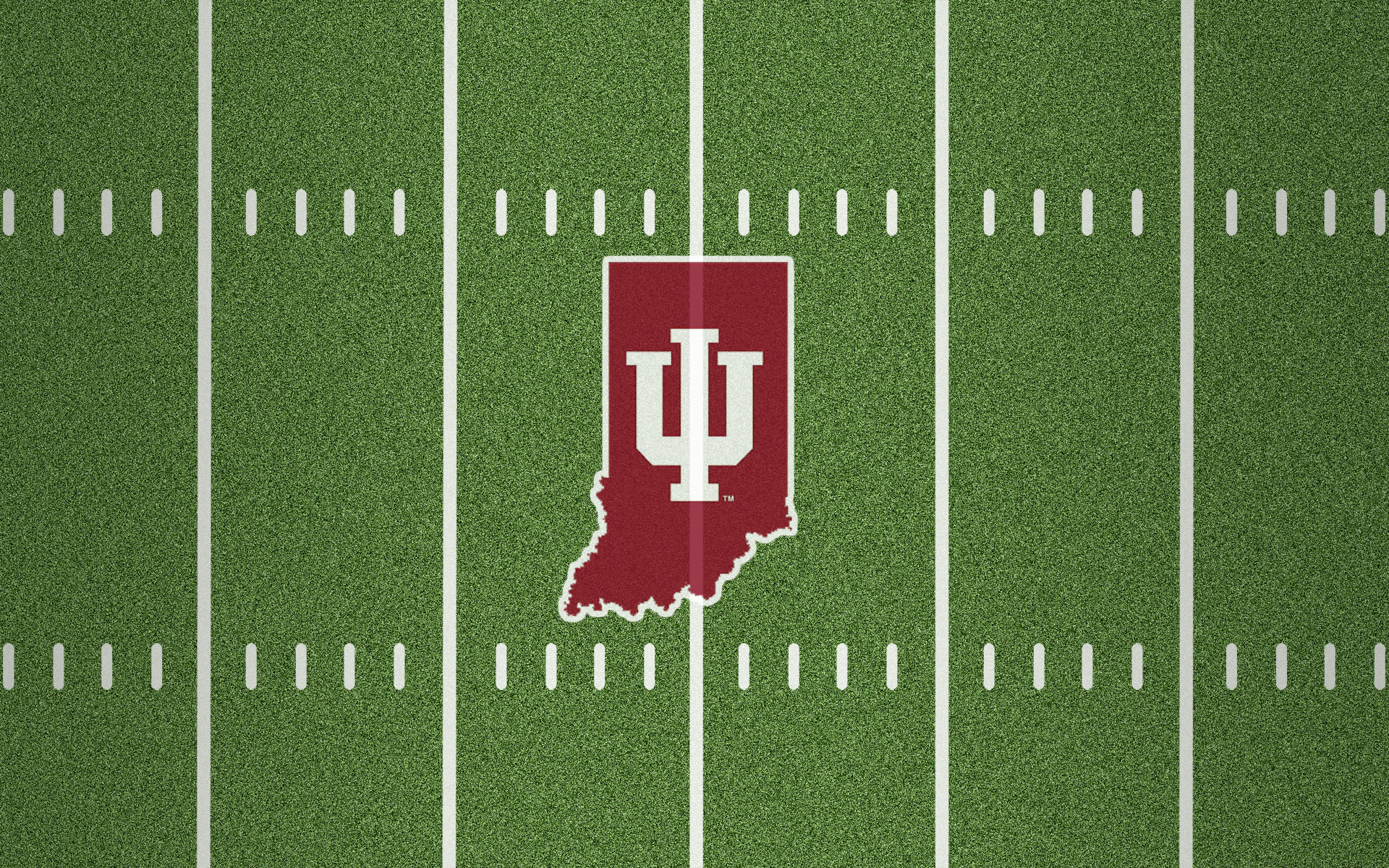Playoff Rankings Snub the Hoosiers? Joel Klatt Explains
/The 2024 College Football Playoff rankings are out, and they’ve certainly stirred up discussion. Indiana Hoosiers fans may feel they have good reason to question the system after seeing their team, undefeated through nine games, placed only at No. 8. This ranking has puzzled fans and analysts alike, given Indiana's best start in program history and impressive points differential over opponents.
One of those questioning Indiana’s position is Fox Sports analyst Joel Klatt. Klatt hasn’t held back in sharing his views on the Hoosiers’ ranking, calling them the “most disrespected team” in college football right now. He believes any top-tier program with Indiana’s record would be ranked significantly higher. But what factors are holding Indiana back, and does Klatt’s argument have merit?
Indiana’s Stellar Season So Far
The Indiana Hoosiers have been nothing short of impressive this season. Nine games in, they remain undefeated and have achieved their best start in the school’s history. The team has not only won but dominated its matchups, outscoring opponents by over 30 points per game.
Such a margin of victory points to both a strong offense and a resilient defense, making Indiana a team that’s tough to beat on both sides of the ball. This kind of dominance would likely call for high odds on most platforms, similar to how NFL or NBA odds by FanDuel, for example, reflect teams with a proven winning track record.
Analyst Joel Klatt has highlighted Indiana’s record-breaking season as a clear indicator of their playoff worth. His stance suggests that Indiana’s success should earn them a higher placement, particularly when considering their overall performance this season. For Klatt, Indiana's ranking at No. 8 seems inconsistent with the metrics often used for more established teams.
Strength of Schedule: A Major Roadblock?
One of the primary reasons Indiana is not higher in the rankings is their strength of schedule. According to the ESPN FPI, Indiana’s schedule ranks a lowly 103rd nationally, and this metric heavily influences the selection committee’s decisions. Critics argue that the Hoosiers haven’t faced enough top-tier competition to earn a top-four ranking, casting doubts on the credibility of their undefeated record.
However, Klatt feels that this emphasis on the strength of schedule unfairly penalizes Indiana. His view is that other top programs in similar situations wouldn’t be subjected to the same scrutiny. For example, he notes that a more established powerhouse team would likely be within the top four even with a relatively weak schedule, making the current system seem inconsistent. This perception of bias has sparked debate, with Klatt suggesting that traditional programs benefit from an inherent advantage.
While the Hoosiers may not have faced the toughest opponents, they’ve consistently risen to the occasion. For their fans and supporters, it’s frustrating to see their team held back by factors outside their control, such as the scheduling process. Klatt’s stance challenges the committee to assess teams on performance rather than reputation alone.
Key Wins Against Nebraska and Washington
Indiana’s resume includes two notable victories over Nebraska and Washington, both teams currently holding 5-4 records. These wins may not appear overly impressive to some, given their opponents’ overall records, but they’re significant for a team building its reputation. Each victory adds to Indiana’s credibility, showing that they can overcome respectable opponents and continue their winning streak.
Klatt argues that these victories should matter more in Indiana’s favour. Nebraska and Washington may not be top-five teams, but they’re competitive, and Indiana’s ability to secure wins in these matchups shouldn’t be overlooked. It’s easy for critics to dismiss these wins as insufficient, but for a program like Indiana, they’re steps toward establishing legitimacy on a national stage.
Supporters like Klatt believe that every win should count, and that Indiana’s efforts are being minimized. In his view, these victories prove that Indiana has what it takes to compete with quality teams, and that the rankings should reflect this.
The Impact of Perceived Bias in Rankings
Klatt’s comments touch on a larger issue in college football rankings—the perception that certain programs receive preferential treatment. He believes that established teams, or “blue bloods” as he calls them, are given more favorable rankings based on reputation. Indiana, a less celebrated program, finds itself struggling to gain recognition despite their performance. This perceived bias complicates Indiana’s path to the top and fuels fans’ frustration.
For fans and supporters, this situation raises questions about fairness in the ranking system. If the playoff committee is more inclined to rank established teams highly, emerging programs like Indiana face an uphill battle. Klatt’s remarks resonate with those who feel the system needs to change to reward merit rather than tradition.
Indiana’s journey this season highlights the challenges that rising teams face in gaining respect. Klatt’s advocacy for the Hoosiers adds pressure on the committee to recognise performance over reputation. For Indiana, overcoming this perception may be just as challenging as winning their final games.
Final Thoughts
Indiana’s current No. 8 ranking in the College Football Playoff has sparked debate, and Joel Klatt’s support has brought attention to what he considers a significant oversight. The good news is that the Hoosiers have opportunities ahead to prove their worth.
Last weekend, they beat Michigan, a team known for its strength and resilience, but the Wolverines are 5-5. Indiana will travel to Columbus to take on the No. 2 Ohio State Buckeyes, followed by a rivalry game against the Purdue Boilermakers. These matchups will test Indiana’s abilities and potentially bolster their standing if they perform well.



